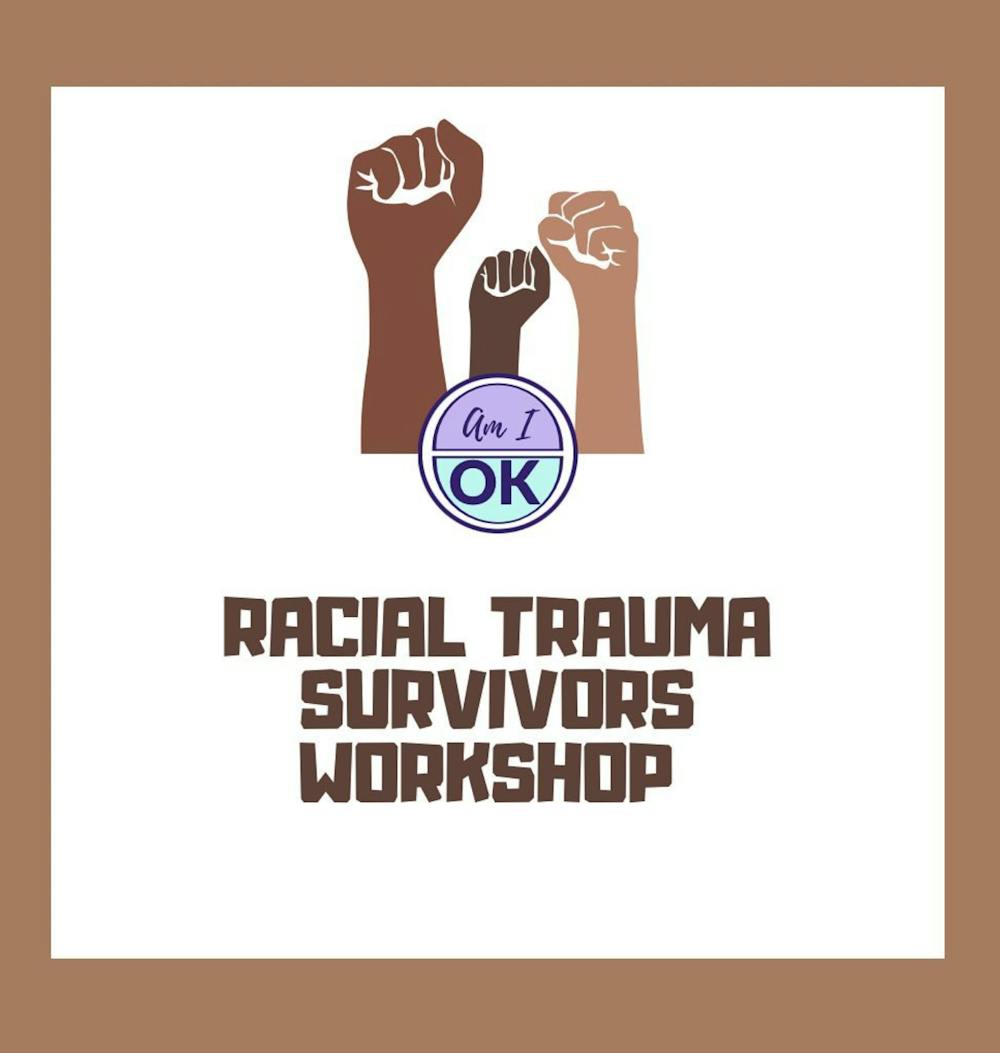By Kaitlin Bavaro
Staff Writer
AmIOK hosted its first racial trauma survivors workshop series of the semester on Feb. 11. The theme of this workshop was race in childhood and focused on providing resources and support to students who have faced race-induced trauma.
“Our ultimate goal was to provide students who have experienced racial trauma, discrimination, injustice etc., a space where they can gain community and support and ultimately discuss ways to create a culture on campus that supports healing, justice, equity, and safety for all,” said Liza Woods, AmIOK’s assistant program director.
This event was hosted by junior nursing major Tulika Desai and sophomore criminology major Sophia Santos who are both trained coordinators.
“The concept of racial trauma isn’t spoken about enough on campus,” said Desai, who has been involved with AmIOK for more than two years.
The hosts of the event began the workshop with an icebreaker to engage the crowd by having an open conversation where an idea was presented and the participants were free to respond.
They spoke about the difference between race and ethnicity — how race is a social construct based on one’s physical features while ethnicity has to do with one’s cultural background and upbringing. The bulk of the presentation involved research about how the concept of race and racism faced by students of color in early childhood can have long-lasting effects on their identities and world views.
The speakers presented a timeline of how children discover and understand their own race.
“From 6 months to one year old, individuals can nonverbally categorize people by race and gender; at 3 to 5 years old, an individual can develop racial biases. When individuals reach school age, they explore their own racial identity. Then from adolescence on, individuals become immersed with their racial identity,” said outreach assistant Mia Zaleski.
Desai and Santos shared their own experiences regarding racism as well as what is presented about race by the media and how it has affected their identity as well as the pressures that students of color feel to conform to the norms of their white peers.
The speakers emphasized the importance of no longer sweeping important issues — such as race-based trauma — under the rug.
“Researching and talking about it made me realize how difficult it is for adults who haven’t accepted themselves for their racial identities,” said Desai.
Santos, a one-year member of AmIOK, also emphasized the importance of having these conversations at the College.
“I came from a diverse town so coming to [the College] was a huge cultural and social shock for me. I used to be a majority but now I’m a minority. Race and figuring out what I identify with has always been important to me. I love to educate people on campus about race and ethnicity and making them feel seen and heard,” said Santos.
“I’m looking forward to the student facilitators persistently creating a safe space for healing for TCNJ students; for the student facilitators to help make a positive difference in other students' lives,” said Zaleski.







